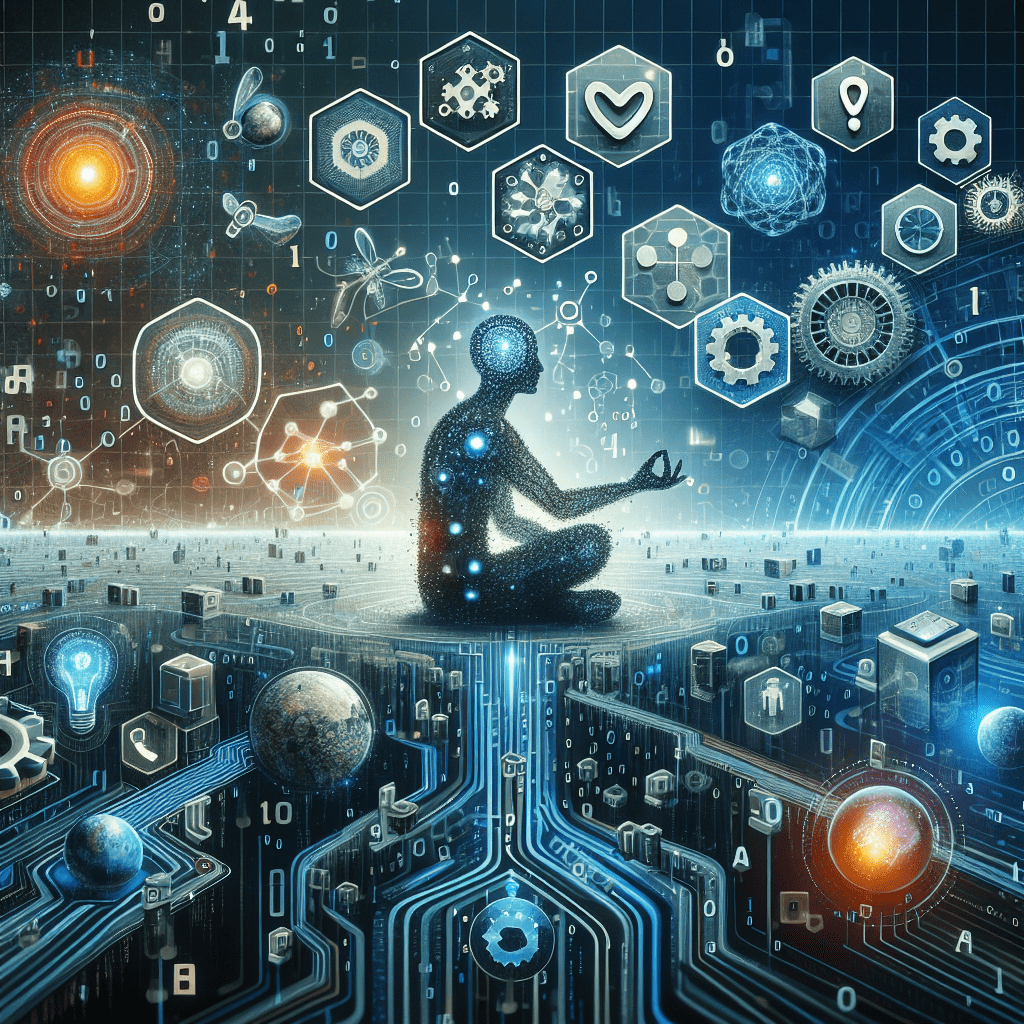Artificial Intelligence (AI) is rapidly changing the landscape of work and redefining job roles across various industries. As technology continues to advance, AI is becoming more integrated into everyday business operations, leading to the automation of tasks, improved efficiency, and the creation of new job opportunities. In this article, we will explore how AI is shaping the future of work and what it means for job roles and industries.
Impact of AI on Job Roles
One of the most significant impacts of AI on job roles is automation. AI-powered machines and systems can perform repetitive tasks with greater speed and accuracy than humans, leading to the displacement of certain jobs. For example, in the manufacturing industry, robots are increasingly being used to handle assembly line tasks, reducing the need for manual labor.
However, AI is also creating new job opportunities by enabling workers to focus on more strategic and creative tasks. For example, in the healthcare industry, AI-powered diagnostic tools can analyze medical images and provide accurate diagnoses, allowing healthcare professionals to spend more time on patient care and treatment planning.
Industries Affected by AI
AI is impacting a wide range of industries, from healthcare and finance to retail and transportation. In healthcare, AI is revolutionizing patient care through predictive analytics, personalized medicine, and telemedicine. In finance, AI-powered algorithms are used for risk assessment, fraud detection, and automated trading. In retail, AI is being used for personalized shopping recommendations, inventory management, and customer service. In transportation, AI is driving the development of autonomous vehicles and optimizing logistics operations.
Challenges and Opportunities
While AI offers many benefits, it also presents challenges for workers and organizations. One of the main challenges is the potential for job displacement as automation technologies become more prevalent. Workers will need to adapt to changing job roles and acquire new skills to remain competitive in the labor market.
However, there are also opportunities for growth and innovation in AI-driven industries. For example, the demand for AI experts, data scientists, and machine learning engineers is expected to rise in the coming years. Organizations that embrace AI technologies and invest in training their employees will be able to stay ahead of the competition and drive business success.
Conclusion
AI is reshaping the future of work by redefining job roles and industries. While automation may lead to job displacement in some sectors, it also creates new opportunities for workers to excel in more strategic and creative roles. Organizations that embrace AI technologies and invest in their workforce will be best positioned to thrive in the evolving job market.
FAQs
Q: Will AI replace all human jobs?
A: While AI may automate certain tasks, there will still be a need for human oversight, creativity, and critical thinking in many industries.
Q: How can workers adapt to the changing job market?
A: Workers can adapt to the changing job market by acquiring new skills, staying up-to-date with industry trends, and being open to lifelong learning opportunities.
Q: What industries will be most impacted by AI in the future?
A: Industries such as healthcare, finance, retail, and transportation are expected to be heavily impacted by AI technologies in the future.
Quotes
“The future of work is evolving rapidly with the integration of AI technologies, creating new opportunities for innovation and growth.” – John Smith, AI expert
#Future #Work #Redefining #Job #Roles #Industries


